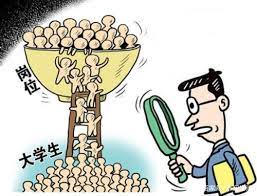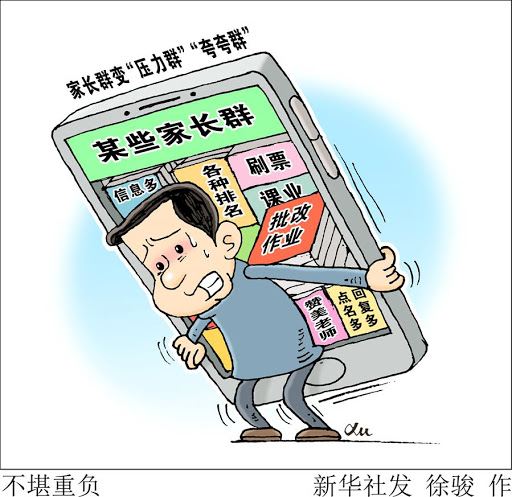Blog threer of four on China’s labour market for displaced Tibetans
Lying flat is one of several metaphors used by the disillusioned young Han. Inside rolling and going Buddhist are equally popular. If only more young Chinese, disillusioned by the dead-end bullshit jobs, could discover what most Tibetans grow up with, that practicing Buddhism does not mean inert fatalism but an abiding inner joy and flexibility that comes from within.
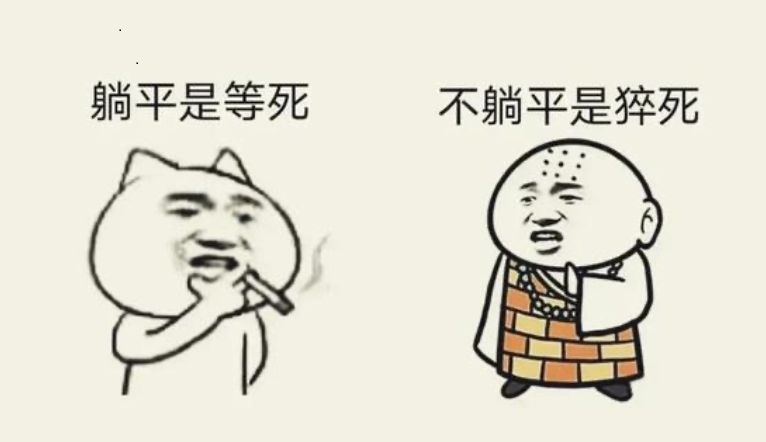
The paradox of China’s prodigious economic growth, accompanied by a huge underclass going nowhere, bothers some in the West, who tend to see this as a contradiction, an indictment of a self-defined communist party that in reality runs an authoritarian system that concentrates wealth and makes it impossible for workers to organise.
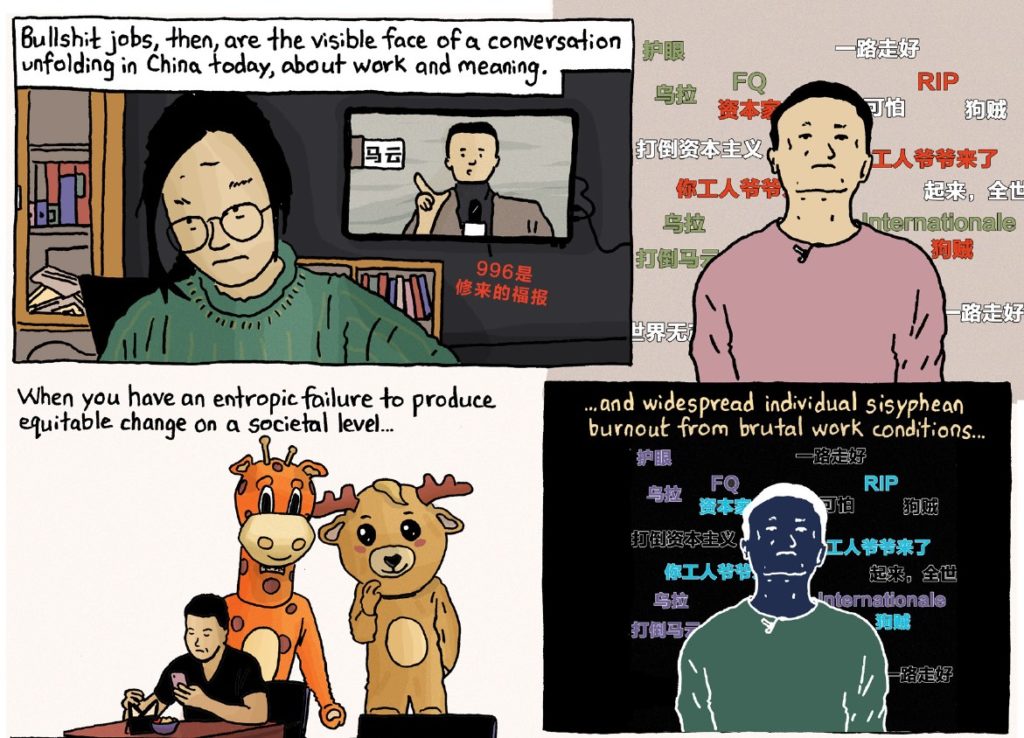
In China this paradox remains paradoxical, a simultaneity of wealth and precarity, repletion and depletion, satiation and hunger. Some argue that this reflects the concerns of traditional Chinese medicine, extremes don’t cancel each other out, they co-exist. Depletion of vital energies is clearly problematic, requiring, for example, an injection of rooster blood to make a boy child into a little man. At the same time repletion, satiation, excessive indulgence are also problematic: “Repletions tend to be malfunctions that allow substances to become excessive, collecting and stagnating in one place.”[1] China can be both newly rich and keep a huge underclass in perpetual precarity.
This is the world of intensive, escalating, unending competition Tibetans are asked and sometimes tempted to join, while others are thrown into it by labour training programs that send new workers to distant cities.
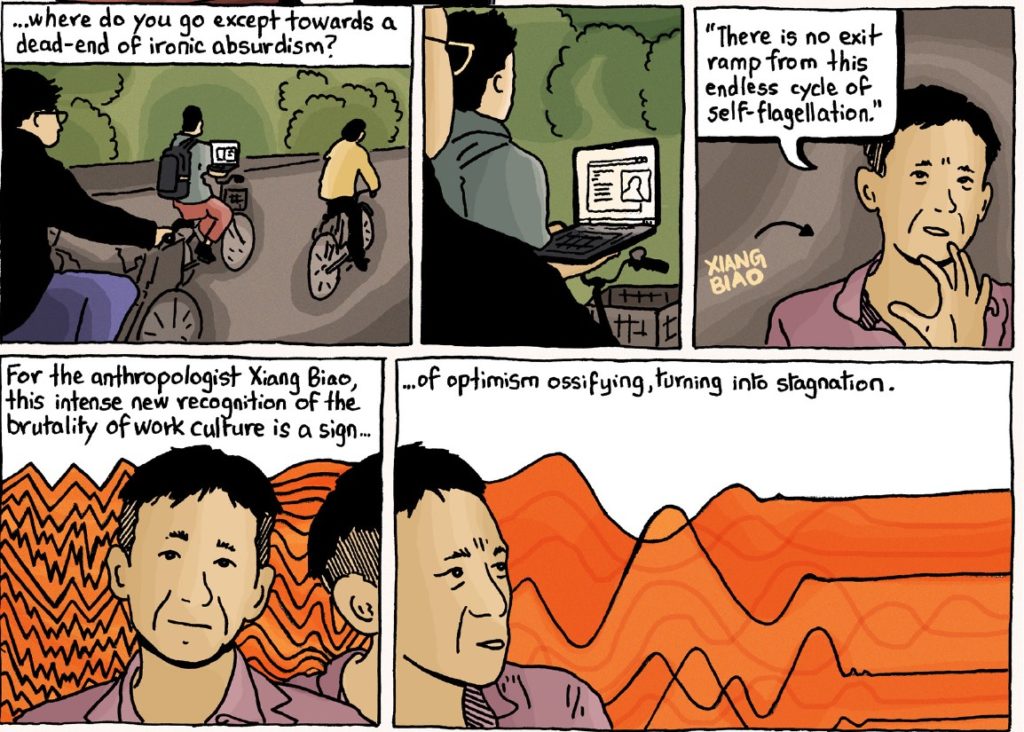
PROPELLING RURAL TIBETANS INTO CHINA’S URBAN JOB MARKET
Can Tibetans succeed in this intensely competitive, Han-dominated society? Outside Tibet, analysts focus on compulsion, but there is as much pull as push, as rural Tibetans increasingly find life on the open range tedious, unrewarding, risky, cold, monotonous and lacking in the glamour available every time you open your phone.
Tibetans enter the urban job market at a discount. Their skills, fluency in standard Chinese, willingness to eat bitterness and work long hours are all devalued, simply for being Tibetan, a status declared on every identity card. Tibetans are not regarded as trustworthy as Han. Above all, Tibetans migrating to city work lack the networks that guarantee work and adequate pay, and tolerable working conditions, and prospects for job security and even a career path. Networking is far more important in China than in most countries, and Tibetans almost by definition are outsiders lacking the right connections, as soon as they leave their lands and clans.
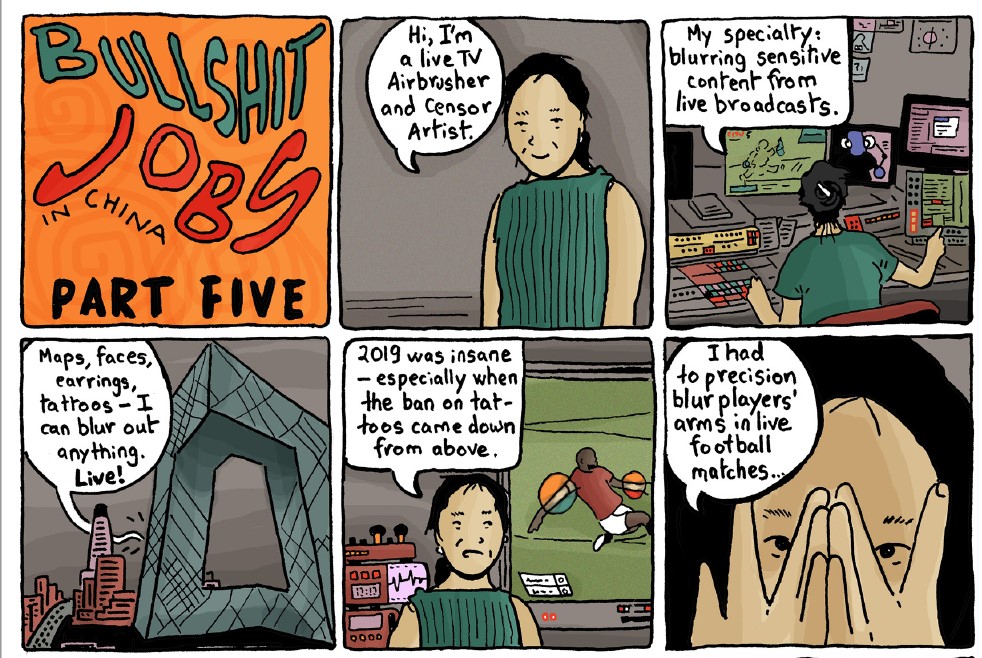
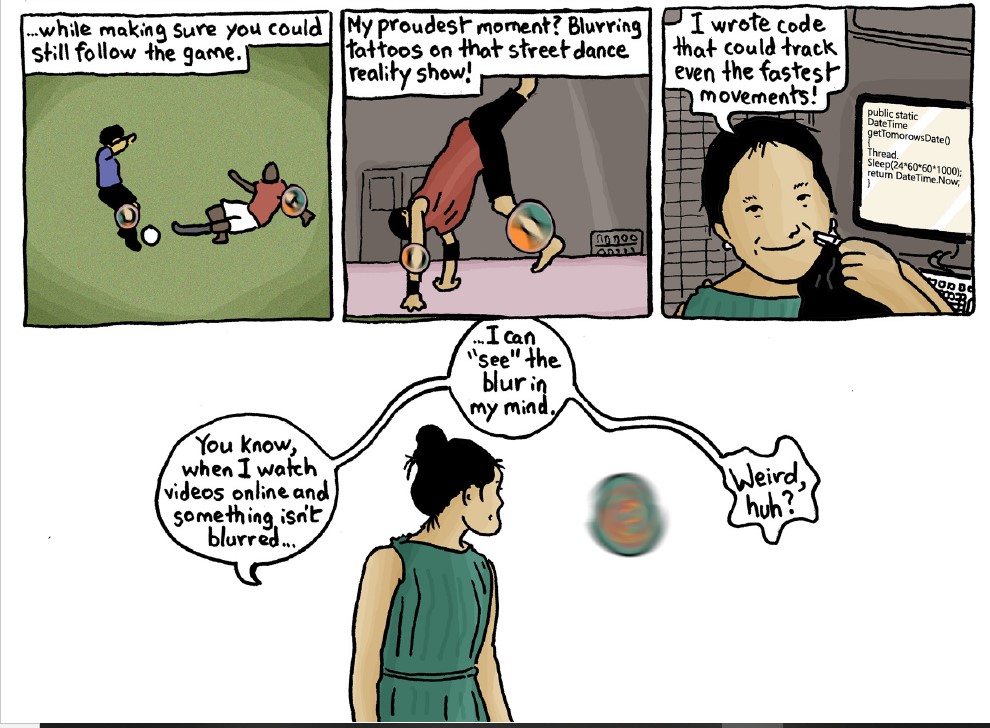
Tibetans, once they leave home base, become urban gig workers, doing the dirty and dangerous work no-one else wants to do. Officially, this teaches them discipline, hygiene and all-round modernity, which eventually add up to civilisation. In official ideology, that is the necessary transition from rural to urban, outsiders to insiders., darkness to light, all these polar cliches in common official use.
The insiders who are actually going nowhere, just rolling around in endlessly repetitive bullshit jobs, are such a feature of contemporary China, there is much debate. China these days moves so fast, mobilises energies so successfully, brings together all the factors of production in enclaves of intensification, builds cities overnight, yet hundreds of millions scrape by just above the poverty line with no security, amid an ever-widening inequality. How is this possible, especially in a socialist state ruled by a communist party?
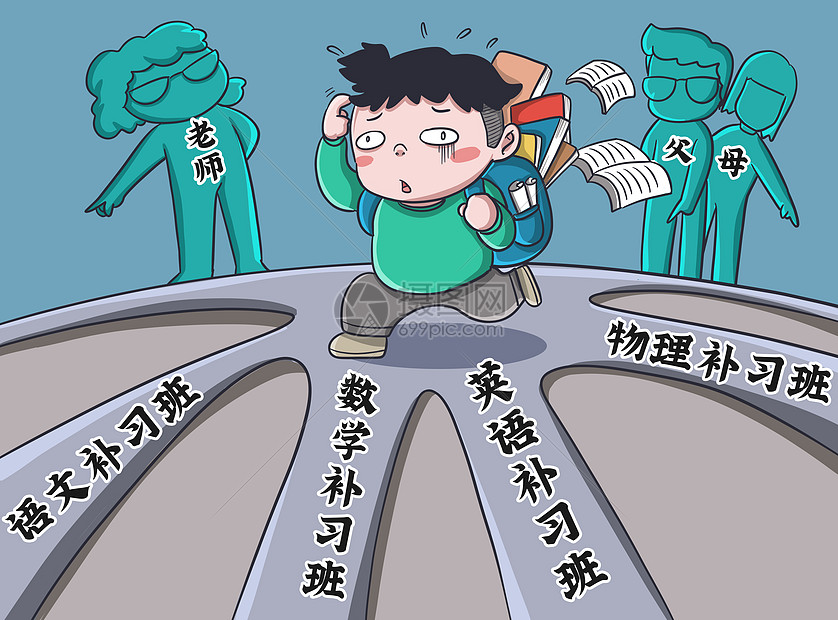
CHINA MOVES FAST AND SPINS ITS WHEELS
New era China, for all its speed, greed, accumulation, mobilisation and acceleration is in many ways stagnant, deeply reliant on endlessly available cheap labour, abundant in an overcrowded land, which stifles innovation. The new era insists everything must display Chinese characteristics, and that’s restricts equitable sharing of wealth, and holds back evolution.
The academic term for this, in use in China, is involution, signifying a highly productive economy that somehow is still stagnant, unable to fulfil its potential, too stuck in its ways to recognise it is in a trap. The pedigree of this concept, taken from social anthropology, is much discussed, including by Xiang Biao in the official media Sixth Tone.
When involution is translated into Chinese it comes alive. “The Chinese word, 内卷 neijuan, is made up of the characters for ‘inside’ and ‘rolling,’ and is more intuitively understood as something that spirals in on itself, a process that traps participants who know they won’t benefit from it.” Ain’t nobody goin’ nowhere, just treading water, got no traction, spinning your wheels.
Neijuan is a meaningful meme, ranking in the top ten buzzwords of 2020, an ironic designation given its meaning, signifying almost the opposite of evolution. Neijuan means everyone is required to compete against each other, even when competition is unnecessary. Despite burgeoning prosperity, the system veers towards a Hobbesian “each against all” fetishization of competition as an end in itself. In any competition there can only be few winners, and many losers, the odds are against you. That’s neijuan.
As China is now so much wealthier, and scarcity a distant memory, how come competition is fiercer than ever? Surely competition is most intense when resources are scarce? This is the paradox no-one is free to explore. The ongoing intensive censorship of open debate stifles any attempt at understanding systemic structures that keep people competing. This may also be why an obscure academic concept -involution- is the nearest anyone can get to critiquing a system built on inequality.
“Involution has recently become a popular buzzword. Whether it’s takeout delivery drivers or computer programmers at big tech companies, they all complain that their work is “too involuted.” Or, when applying for a job at a bank or another such good company and there’s a written exam designed purely to test whether you beat the other applicants. It’s a kind of competition for the sake of competition, where the content might have absolutely nothing to do with the job. Afterward, people will mockingly describe the situation using the word involution.”
Competition for the sake of competition does serve a purpose. It makes the scramble for secure employment seem like an objective test, with a measurable outcome, a numerical guarantee that the system is meritocratic, in accord with managerial standards, conforming to the laws of social progress. In short, competition for the sake of competition confers status on those who administer the tests. It shows that China has mastered managerialism, and is at the forefront of global civilisation. The fact that those who must endlessly compete feel frustrated and even abused, is incidental.
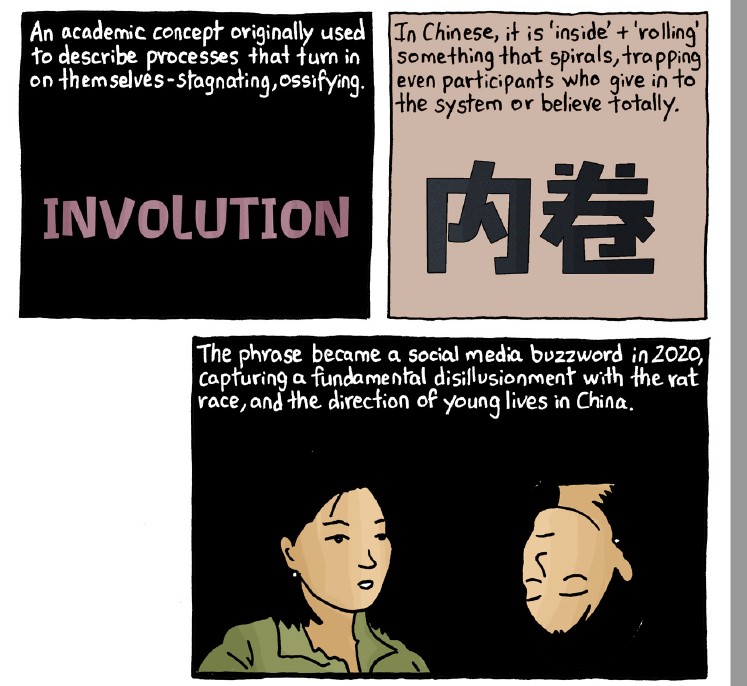
China’s sociologists, Xiang Biao included, do try to find ways to talk about class, inequality and concentrations of wealth, without triggering the censors: “Single-minded market competition becoming a way of life, a fundamental method for organizing society, and a way of allocating resources could be what people mean with involution. First, of course, is market competition. But a lot of competition is not really market related. For example, when it comes to education, examinations are set by the state or the school. But they make exams look like market competition and have everyone participate in the game. Next, homogeneity is extremely important. One of the most important prerequisites of the involution is nondifferentiation: Everyone is focused on and living for the same goals. Otherwise, if you’re unhappy at work, you could go do something else like open a noodle restaurant. But no, everyone is propelled to go down the same path. Heated competition began in the ’90s; the reason people are raising the question of involution now is because the last bus has passed. The lower class still hopes to change its fate, but the middle and upper classes aren’t so much looking upward, and they are marked by a deep fear of falling downward. Their greater fear is perhaps losing what they already have.
“One very important aspect of involution today is that there’s no exit mechanism. You’re not allowed to quit. When moving down or stepping out of the competition and living the life you want to live, the moral pressure is enormous. Society’s stability and so-called development is maintained by this intense competition. Therefore, the winners demand the losers to admit that they are a failure: Not only that they have less money and fewer material possessions; they must bow down morally and admit that they’re useless and have failed. If you don’t admit it and simply quietly walk away from the competition, you’ll face a lot of criticism. It’s not allowed.
“We used to think that competition arises because of resource scarcity, because of what people call an imbalance of supply and demand. But if I was a village head and invented a way that put everyone in competition with each other, with the highest reward being my approval, wouldn’t I be very comfortable as the village head? So-called shortages are human made. What constitutes a “good life”? What kind of things are “honourable”? Aren’t these all human-made? This form of competition leads to an extremely high degree of integration. Everyone thinks the same, and everyone expends their energy and lives together, not thinking of anything else — everyone is just busy. China has a Confucian foundation with extremely liberal market competition mixed in.”
That is what Xiang Biao said, in response to questions from official media The Paper, in 2020. Chinese sociologists usually talk about stratification rather than class, since the class warfare of the 1950s liquidated the oppressor class, and the masses are now officially the masters. While avoiding overt focus on class, the sociologists can be quite frank, especially a graduate of Peking and Oxford Universities in charge of a prestigious research institute in Germany.
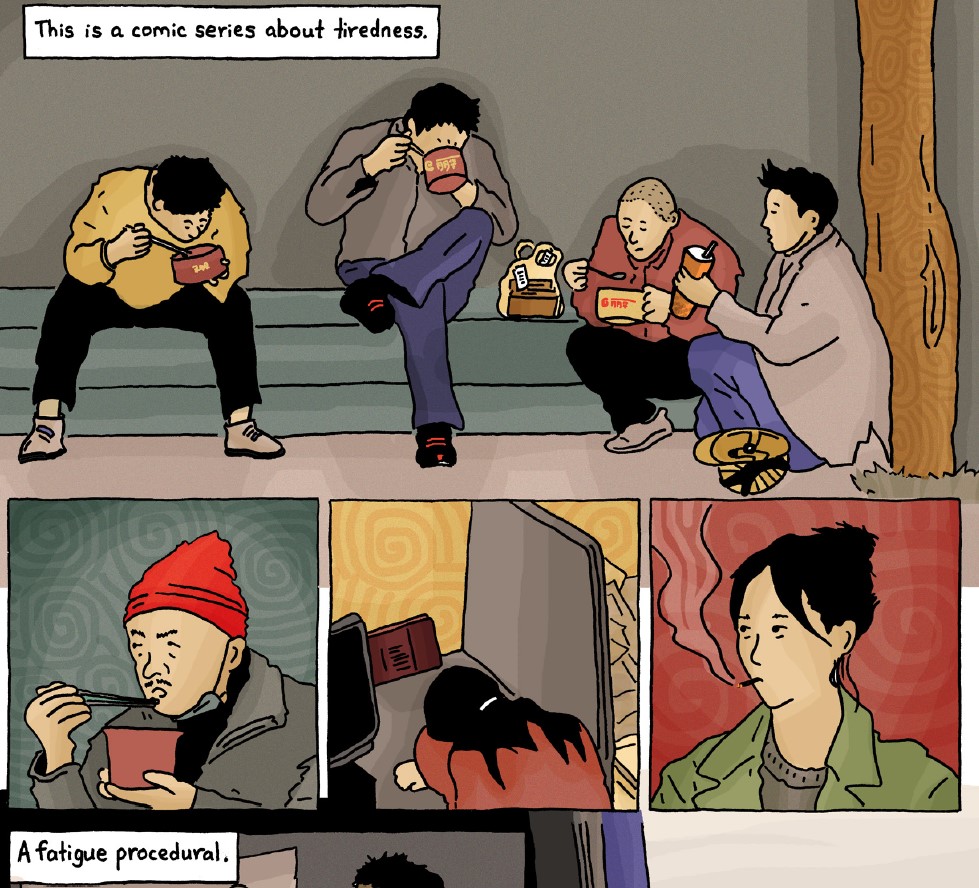
Xiang Biao’s sympathies have always been with the migrant workers, the underclass who never quite break out of precarity, and this is reflected throughout his work over many years. In 2009, in the International Journal of Educational Development, he focussed on the consequences of reducing humans to human capital, just one of many forms of capital: “During the late 1990s China moved from a period of ‘‘wealth creation’’ that benefited the majority of the population to a period of ‘‘wealth concentration’’ that benefited a minority. This essay focuses on the role of international student migration from China to other countries in this process. In particular the authors delineate how different types of capital – the human, social, political and cultural (specifically foreign degrees) – transform into each other. In the process the analysis considers how the conversions among these different types of capital have intensified and have become concentrated in the top stratum of society.”[2]
China’s central leaders, who routinely send their children to Harvard, Oxford or other highly capitalised schools, are prime examples of the human capital formation ideology that enables the CCP to present itself as the acme of human civilisation, the exemplary meritocracy, the finest cohort of modernity and rationality. Everything is capital, including nature, enabling everything to be measured and monetised, and set up to compete with everything else. A quick look at the endlessly popular show If You are the One to see how interpersonal relationships are now all about the money.
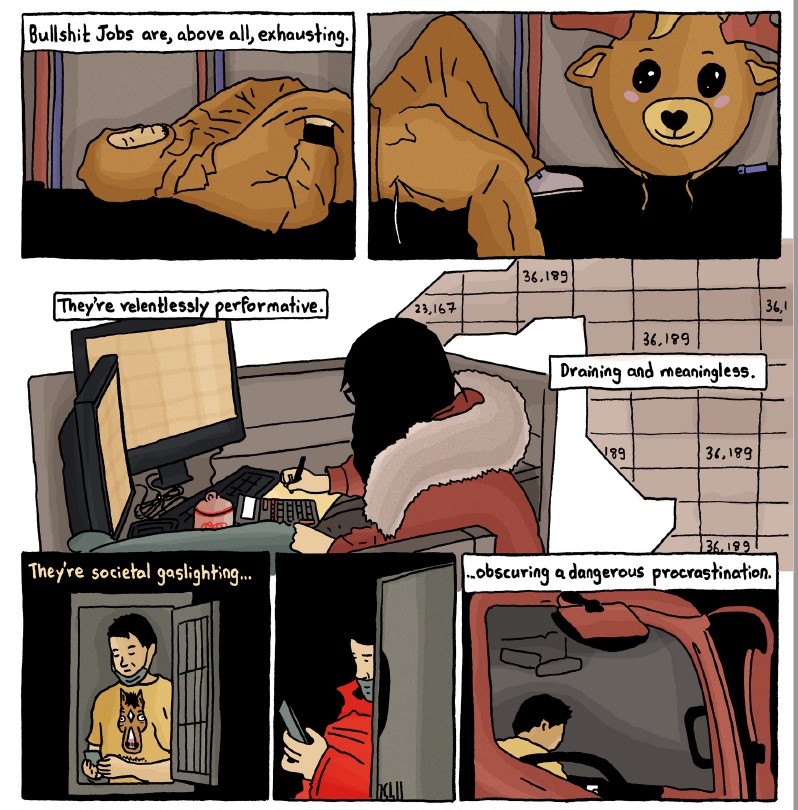
Xiang Biao: “according to the Chinese sociologist Sun Liping, during the 1990s the reforms turned from being a period of ‘‘wealth creation’’ that benefited the majority to being a period in which wealth became concentrated among a few. The cleavage between the haves and have-nots has become unprecedentedly wide, with all forms of resources – economic, social, political and cultural – increasingly converging and concentrating in the hands of an emerging elite group. Government officials are now among the best educated and economically most privileged; elite education paves the way to wealth and status. Beijing University, known for its antiestablishment tradition and eccentric intellectualism, is now dubbed the ‘‘Cradle of Tycoons.’’[3]
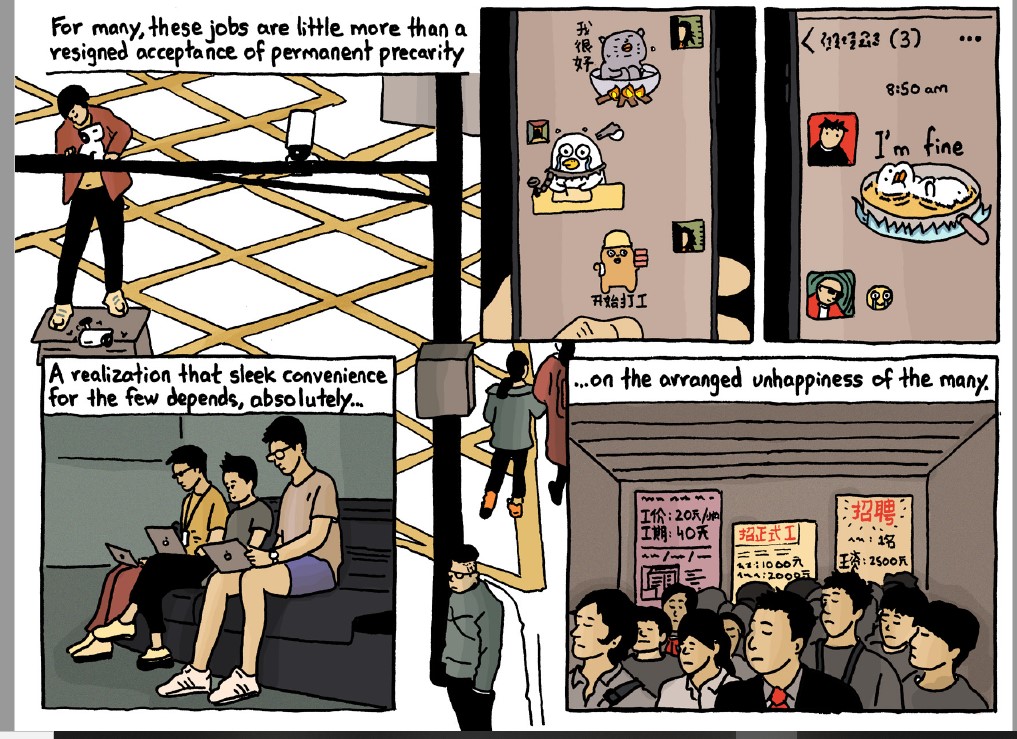
[1] Judith Farquhar, Appetites: food and sex in post-socialist China, Duke, 2002, 122
[2] Xiang Biao, International Student Migration and Social Stratification in China, International Journal of Educational Development, 29 (2009) 513–522
[3] Xiang Biao, International Student Migration, 2009
